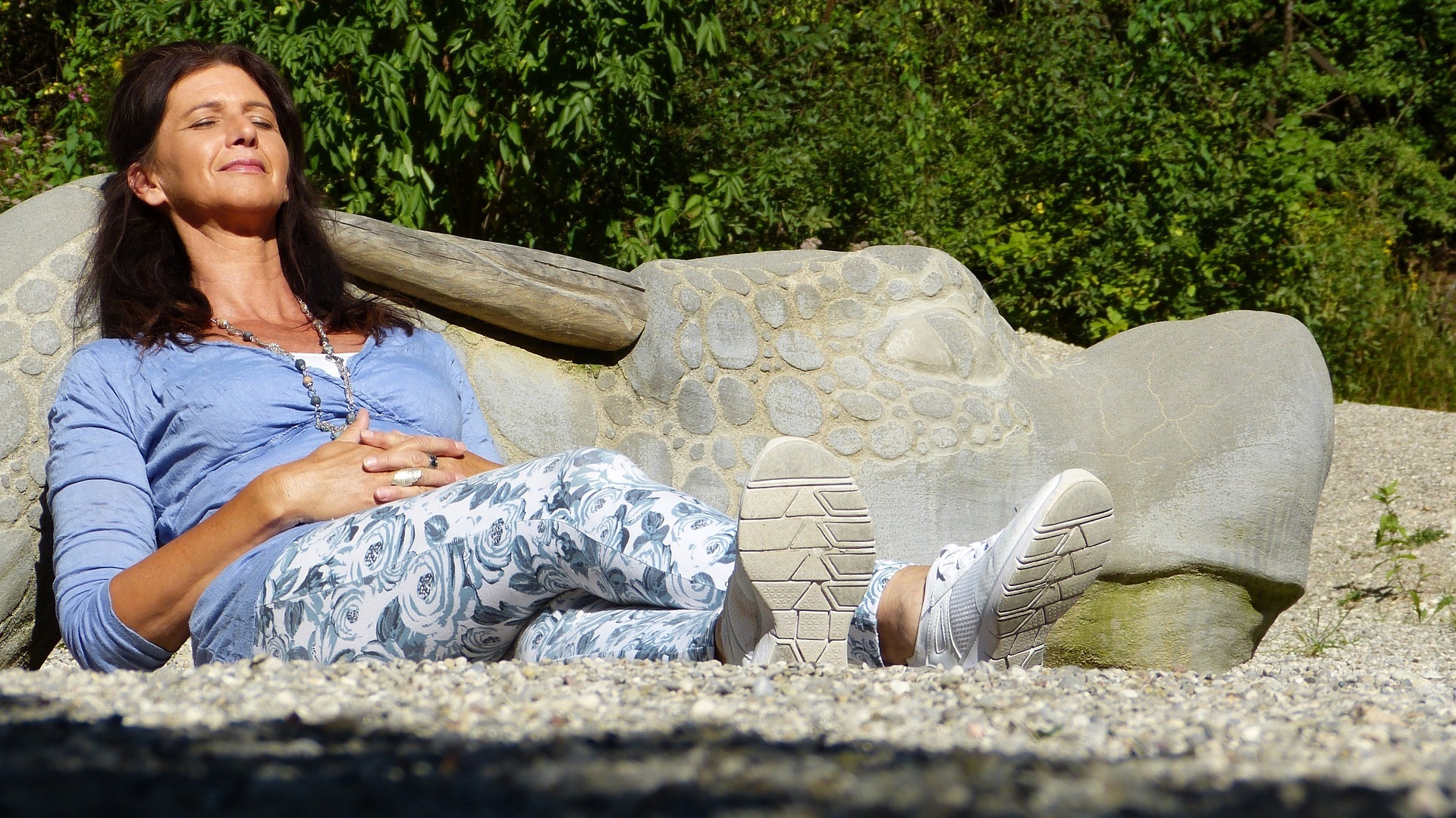Millions of women across the UK are being swept up in what researchers from University College London describe as a “menopause gold rush”. The trend refers to the rapid growth of unregulated products, influencer-led advice, and commercial services that promise relief from menopause symptoms but may instead be harming women’s well-being.
Researchers from UCL’s Elizabeth Garrett Anderson Institute for Women’s Health said the menopause marketplace has become dominated by profit-driven companies and online personalities offering conflicting or misleading information. They warned that this commercialisation risks worsening misinformation, financial exploitation, and health inequality among women in mid-life.
Call for better education and support
According to their findings, only 22% of women in a national survey said they felt “well informed” about the menopause. More than half described themselves as only “somewhat informed”, while one in five said they were “not at all informed”. Nine in ten respondents supported the creation of a free, national education and support programme.
Many women said they would prefer weekly sessions, either online or in person, with myth-busting content, practical advice, and up-to-date scientific evidence.
Lead author Professor Joyce Harper said menopause often arrives at a “crunch point” in women’s lives, when career pressures, family responsibilities, and caregiving demands overlap. Without reliable information and emotional support, she explained, this period can seriously affect mental health and self-confidence.
Wider concerns about medical training and misinformation
Tina Chummun, founder of Care2Counsel, said the problem extends far beyond misinformation. “For decades, medical professionals have received inadequate training on menopause, meaning many women’s symptoms have been misinterpreted, minimised or dismissed entirely. This educational deficit has created a vacuum, one rapidly filled by a surge of unregulated, profit-driven products and influencer advice, many of which risk oversimplifying what is, in reality, a highly complex biological and psychosocial transition.”
She added that the biological mechanisms involved are highly intricate. “Declining oestrogen disrupts the delicate interplay with progesterone, which in turn affects insulin sensitivity and glucose metabolism. This hormonal cascade elevates cortisol, the body’s primary stress hormone, triggering a range of symptoms including mood dysregulation, heightened anxiety and disrupted sleep architecture. When these biological shifts coincide with unprocessed trauma or long-standing emotional vulnerabilities, women may experience a profound sense of being emotionally destabilised or off balance. This is precisely where psychotherapy and evidence-based emotional regulation strategies become invaluable, helping women recalibrate their sense of self and restore psychological equilibrium during this transition.”
Unregulated products and online claims under scrutiny
The UCL researchers highlighted the rise of commercial hormone testing, unregulated supplement sales, and influencer endorsements as major causes for concern. Private companies, they said, are increasingly entering the menopause space and offering treatments for profit without sufficient medical oversight.
Dr Shema Tariq of UCL, one of the report’s co-authors, described this as a “perfect storm” where women are encouraged to spend money on products that lack proven benefits. She said that confusion and unrealistic expectations can lead to anxiety, low self-esteem, and frustration, especially for women already experiencing emotional changes linked to menopause.
Physical effects linked to skin and confidence
Dr Thuva Amuthalingam, GP and founder of Dr. Derme Skin Clinics, highlighted that hormonal changes can have visible effects on the skin. “The skin is one of the first organs to reflect the hormonal shifts of menopause. Oestrogen loss leads to reduced collagen production, diminished elasticity, and impaired hydration, making the skin compacted, drier and more prone to inflammation. These visible changes often profoundly impact women’s confidence and self-esteem, demonstrating how deeply physical and psychological wellbeing are intertwined.”
Experts also warned that online services promoting “hormone balancing” tests or personalised therapies are often not clinically justified. Such claims can divert women from evidence-based care and delay access to appropriate medical or psychological treatment.
The overlooked mental health dimension
Menopause is widely recognised for physical symptoms such as hot flushes, sleep disruption, and changes in metabolism. However, researchers stress that its mental health effects are often neglected. Symptoms like mood swings, brain fog, and low motivation can greatly affect quality of life. Without proper guidance, these challenges may worsen, particularly when women feel isolated or uncertain about which advice to trust.
Dr Amuthalingam said genuine menopause care must be holistic. “True menopause support must therefore move beyond consumer trends and celebrity endorsements. It requires integrated, evidence-based care, addressing not only the hormonal and biological shifts but also the psychological, dermatological and social dimensions that profoundly shape women’s lived experiences.”







